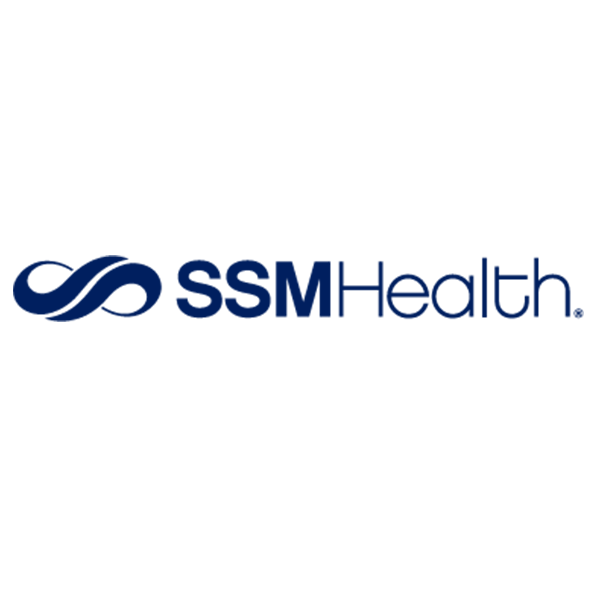The Centers for Medicare and Medicaid Services (CMS) has finalized the Transforming Episode Accountability Model (TEAM) a mandatory five-year bundled payment model that has the potential to transform how hospitals manage acute care.
Overview of the CMS Team Model
Under the CMS TEAM model, select hospitals would be responsible for coordinating a Medicare beneficiary’s care when they undergo certain surgical procedures, from the point when surgery is completed until 30 days after the patient is released from the hospital. The hospital will be responsible for all services and items provided during this episode of care.
Hospitals will bill Medicare as usual under the TEAM model, but they will be given target prices for specific episodes of care based on 3 years of baseline data adjusted for various factors, including episode complexity and region data. Hospitals will then be assessed based on (1) How their actual spending compares to the target price and (2) Their quality of care based on certain quality measures. The hospitals with spending that is lower than the target price, while still meeting quality standards, will receive a TEAM payment—those that spend more will owe a Medicare repayment.
There are four steps that CMS will follow when calculating the TEAM Model Reimbursement Amount:
1. Convert the quality measure performance into a usable score by comparing your hospital’s performance to the performance of other hospitals and applying volume weighting (based on the volume of episodes per hospital).
2. Calculate the hospital reconciliation amount, or the difference in dollar amount between the target price and actual spending.
3. Adjust the cost amount using the quality score.
4. Finalize the Net Payment Reconciliation Amount by applying stop-loss or stop-gain limits based on your hospital’s track (1, 2, or 3).
The TEAM model is being implemented in an effort to address the scattered and expensive care that Medicare beneficiaries often end up with from bouncing between different doctors and clinics, receiving unnecessary or repeat tests and fragmented care. By aligning financial incentives, CMS believes that an improvement in care coordination—and ultimately better health outcomes—will follow.
What the CMS TEAM Model Means for Healthcare Providers
The TEAM model is a 5-year program that goes into effect on January 1st, 2026, and ends on December 31st, 2030.
As of now, the TEAM model includes only five procedures:
1. Coronary Artery Bypass Graft
2. Major Bowel Procedure
3. Lower Extremity Joint Replacement
4. Spinal Fusion
5. Surgical Hip and Femur Fracture Treatment
These TEAM episodes have been chosen as the inaugural five because they represent high-expenditure and high-volume care.
As a part of TEAM, there are steps that hospitals must take in regard to reporting health equity. Starting in performance year 1 (2026), hospitals must screen for at least four of the five health-related social needs (HRSNs), reporting the aggregated screening data and screened-positive data of each HRSN domain for every beneficiary.
Hospitals must also submit a health equity plan to CMS. While this is a voluntary submission in the first year of TEAM, it is a requirement for each year after. Information that must be included in the plan consists of:
- How the hospital plans to identify health disparities
- How the hospital plans to identify its health equity goals and how these goals will be used to monitor and evaluate progress toward reducing the identified health disparities
- The hospital’s health equity plan intervention strategy.
- How health equity performance measures will be identified, what data sources will construct these measures, and what will be used to monitor and evaluate the measures.
Along with the health equity plan, hospitals must also submit demographic data—race, gender identity, ethnicity, language, sexual orientation, disability, and sex characteristics—for their patients. Similar to the health equity plan, this is a voluntary submission the first year, then mandatory following that.
Prepare for TEAM with Inbound Health
With the implementation of the TEAM model in 2026 defining a shift toward improving quality of care, healthcare institutions must focus on finding ways to improve their quality of care while keeping down healthcare costs. Inbound Health can help.
Inbound Health enables healthcare providers to launch, scale, and operate acute and post-acute care-at-home programs, which improves patient outcomes, lowers costs, and increases hospital capacity by opening up beds for the sickest patients. The result is a greater capacity to care for patients in a timely manner, intervening in their healthcare before their health can regress, lowering the number of costly procedures, and limiting hospital readmissions.
When it comes to improving patient care and reducing costs, acute and post-acute care models are critical for addressing a key aspect of the care episode: the 30-day post-procedure period. Learn how Inbound Health can help you prepare for the TEAM model.


